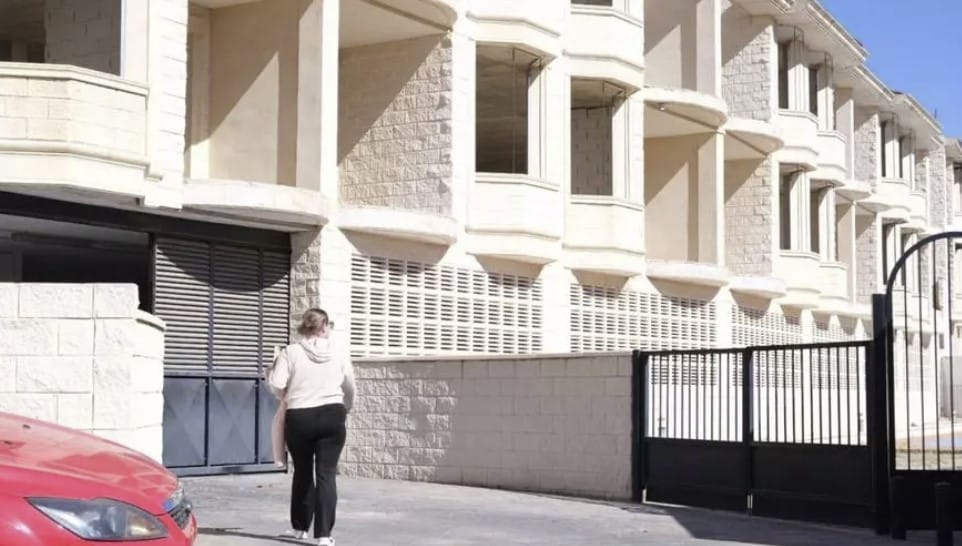The Supreme Court has rejected an appeal by San Fulgencio Council, who must now pay compensation of 2.6 million euro to a developer that it authorised to build a residential complex during the ‘brick boom’ of the 2000’s, despite the fact that the land on which they built, according to the urban planning regulations, was intended for sports and non-residential use.
The company started eight apartment blocks although it ultimately only completed three. Another five were left half-built, which how they still remain.
The administrative decision was declared null and void by a court in 2015, which condemned the public officials involved for crimes of prevarication and against territorial planning.
Trinidad Martínez, the socialist mayor who authorized the project, was sentenced to 17 months in prison, along with councillors José Mora and Mariano Martí who got sentences of 16 and 8 months respectively.
In addition, three municipal staff who validated the planning permission with their reports, were each sentenced to 4 months in prison.
It was based on those 2015 convictions by the courts that the Developer Rivati requested compensation from the San Fulgencio Council for damages for not being able to complete the 13.7 million euros residential complex.
The real estate company went to the Contentious-Administrative Court to demand the right to be compensated. In 2020 if lost its case but then appealed to the Superior Court of Justice of the Valencian Community, which upheld the requested claim, although reducing it to 2.6 million.
The new council team decided to submit its own appeal before the Supreme Court to defend the municipal interests “of the town and its people,” according to the mayor, José María Ballester (PP). Last Tuesday, however, they learned that the Supreme Court had rejected the appeal and as such the Council now has to pay the 2.6 million euro, which is approximately 30% of the current budget.
Mayor Ballester has said that he will pass on its amount “to those who were initially responsible. “It is fair that they, and not the people of San Fulgencio, are the ones who pay for the damage caused.”





